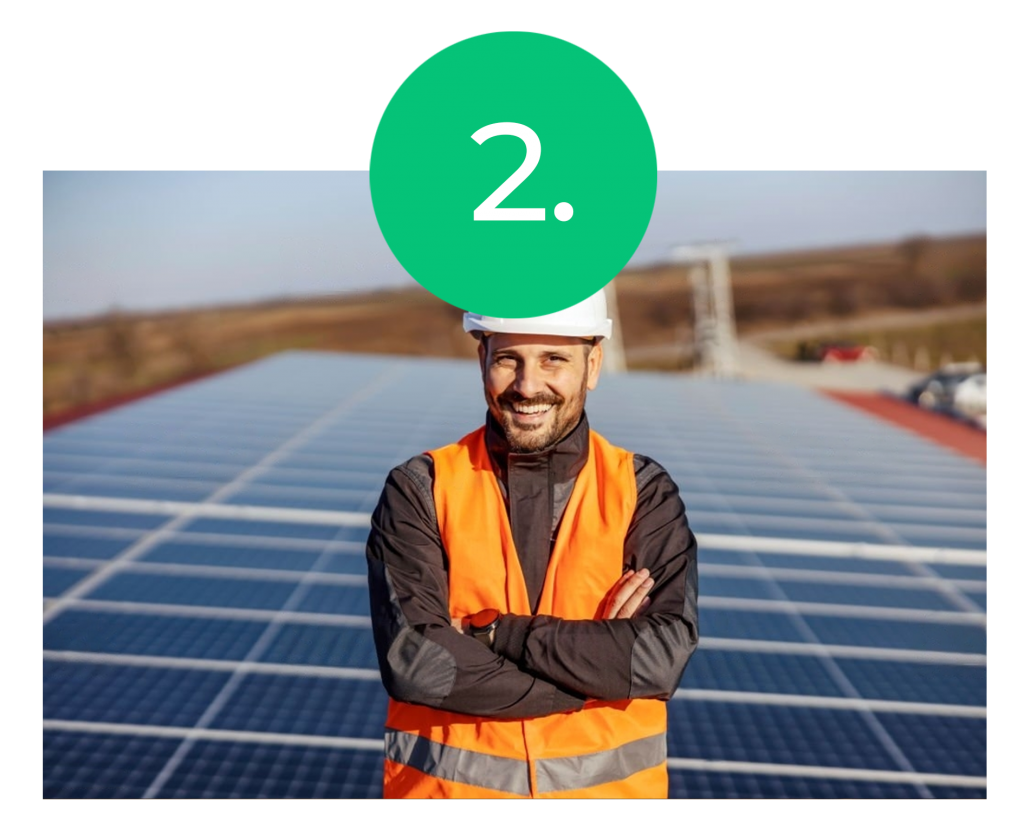
When it comes to upgrading your home’s heating system, many people still think of traditional boilers.
However, boilers are no longer the only option, and thanks to advancements in technology, they’re not the most environmentally friendly choice either.
Enter domestic air source heat pumps—a greener, more efficient way to heat your home.
Through the Green Homes Scheme, you can also take advantage of government grants, including £5,000 to help with the installation of these innovative systems as part of the UK’s efforts to decarbonize homes.
What Are Air Source Heat Pumps?
Air source heat pumps (ASHPs), specifically air-to-air heat pumps, are an advanced type of central heating system.
They function similarly to air conditioners or refrigerators but in reverse, extracting heat from the outside air—even in temperatures as low as -15°C—and using it to warm your home.
These pumps are typically installed outside the property, often at the rear or side, where they absorb heat from the surrounding atmosphere.
How Do Air Source Heat Pumps Work?
The process begins with the pump absorbing heat from the outside air into a fluid.
This fluid is then compressed, which increases its temperature, and the resulting heat is transferred into your home via radiators or underfloor heating systems.
ASHPs are semi-renewable, requiring little maintenance and no fuel deliveries, making them an efficient and cost-effective solution for home heating.
Benefits of Air Source Heat Pump Installation
Installing an air source heat pump is relatively straightforward, requiring only sufficient space around the unit to allow for air circulation.
Unlike ground source heat pumps, no extensive digging is needed, although you may require planning permission based on your location.
Inside, your traditional boiler is replaced with a compact unit that handles the heating process.
How it works

Enter Your Details

Talk To An Expert

Battery Installed

Save On Energy Bills
Get your highly competitive no-obligation quote
Is an Air Source Heat Pump Right for Your Home?
Determining if an air source heat pump is suitable for your home is crucial.
ASHPs operate most efficiently at lower temperatures, making them ideal for homes with underfloor heating or large radiators.
They are also best suited for well-insulated properties, as effective insulation and draught-proofing enhance their performance.
Additionally, these units are a particularly wise investment for new builds, as this can significantly reduce installation costs.
Environmental Impact of Air Source Heat Pumps
Air source heat pumps are generally more environmentally friendly than traditional heating systems, producing less CO2.
Since they rely on air—a renewable resource—as the primary heating component, they contribute to a lower carbon footprint.
However, because they do require electricity to operate, their overall carbon impact depends on the source of that electricity.
When paired with renewable energy sources, ASHPs can significantly reduce your home’s carbon emissions.
Cost and Efficiency: What to Expect
The initial cost of installing an air source heat pump is typically around £14,000, but the exact amount will depend on factors like your home’s size, insulation quality, and whether you use underfloor heating.
While ASHPs are energy-efficient, their cost-effectiveness largely depends on the type of fuel they are replacing.
Homes currently using electric or coal heating systems are likely to see significant savings, whereas properties connected to mains gas may not see as much financial benefit.
Available Grants and Financial Support
Through initiatives like the Boiler Upgrade Scheme, homeowners can receive up to £5,000 towards the installation of a low-carbon heating system, such as an air source heat pump.
This financial support makes the transition to greener home heating more accessible and affordable.
By choosing an air source heat pump through the Green Homes Scheme, you are not only investing in a more efficient and cost-effective heating solution but also contributing to a more sustainable future for everyone.
